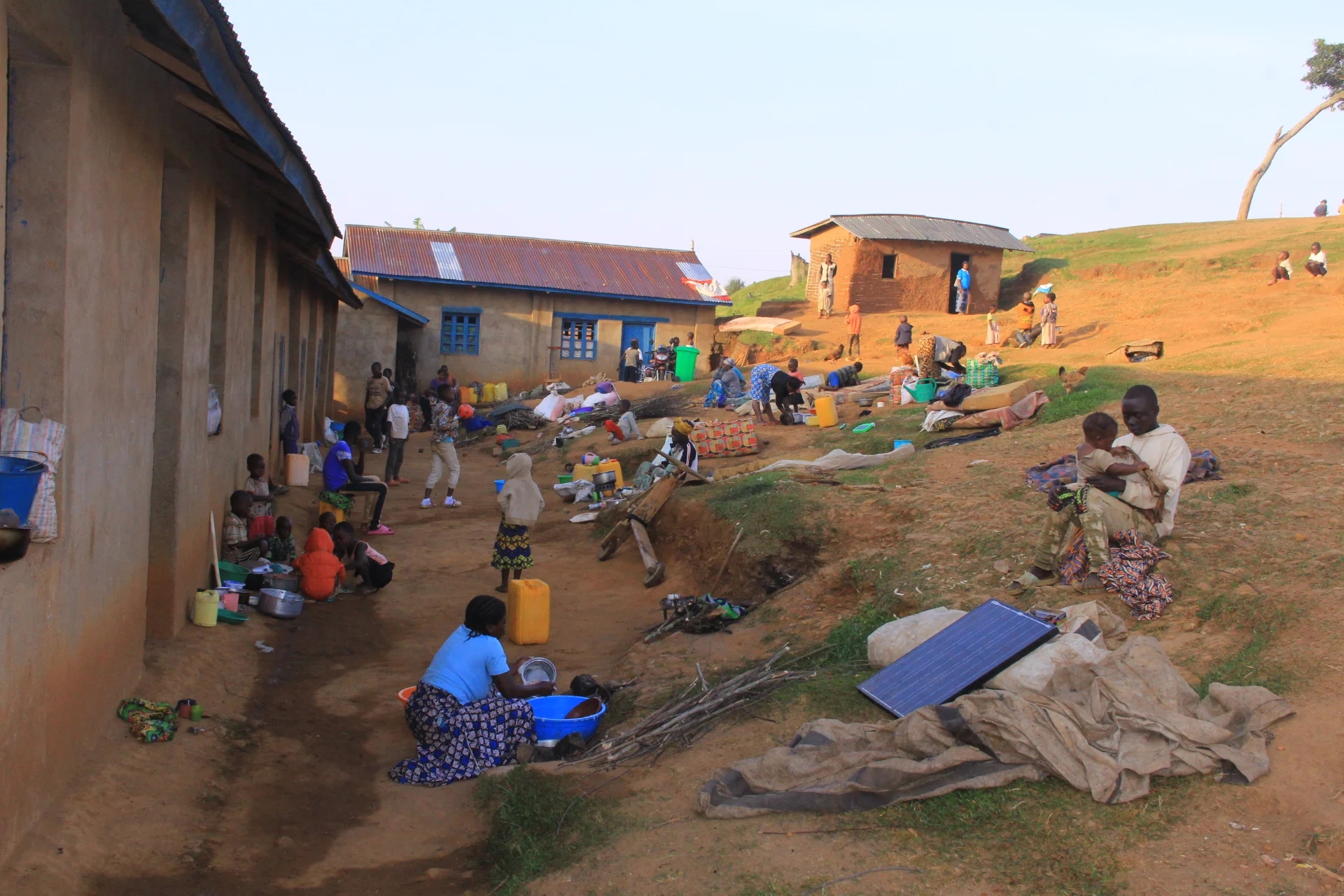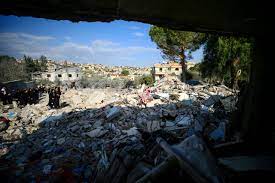Conflict-Displaced Nigerians Face Renewed Peril amid
Resettlement Initiatives
In northeastern Nigeria, a relentless cycle of displacement
and violence continues to haunt those who have fled the conflict. The recent
closure of all eight official displacement camps in Maiduguri, the capital of
Borno State, has triggered a fresh wave of insecurity and displacement. Over
150,000 people who were relocated from these camps now find themselves at risk
of being uprooted once again due to the lack of security and protection in
their new resettlement sites.
Between January and March, Borno witnessed a surge in
violence, with 176 reported attacks on civilians, particularly targeting internally
displaced persons (IDPs) and returnees. Additionally, there were 195 incidents
of abduction, kidnapping, and forced disappearance, marking a significant
increase compared to the same period in 2023, which recorded 71 attacks on
civilians and three abduction events.
One of those affected by the recent violence is Azza
Babagana, who, at the age of four, was forced to flee her village of Mujigine,
62 kilometers east of Maiduguri, with her family due to a Boko Haram raid.
Babagana recounts her experience in the Galmeri IDP camp, where she was able to
settle to some extent, even attending school. However, her sense of stability
was shattered when the camp closed, and she was relocated to Agiri, a makeshift
settlement with limited facilities.
One fateful night, Agiri came under attack, and Babagana and
her brother narrowly escaped with their lives, sustaining injuries in the
process. The closure of displacement camps and the government's push for
resettlement initiatives stem from its counter-insurgency goals, seeking to
repopulate rural areas and restore normalcy. However, human rights groups
criticize these efforts, citing the lack of safety and consultation with
affected communities.
According to the Global Protection Cluster (GPC), a network
of NGOs, international organizations, and UN agencies, the closure of 220
official and unofficial camps housing nearly 900,000 people is part of the
plan. However, the exact number of people relocated across the state remains
unclear, with conflicting figures from the state government.
The resettlement program, initiated four years ago, has been
widely criticized for putting IDPs back in harm's way. Many returnees describe
their experience as a "second displacement," as they find themselves
in precarious situations without adequate protection. Alhaji Abaca, an IDP
originally from Marte, expresses regret at being relocated back to his hometown
due to the fear of recurring violence.
Despite previous attempts to close displacement camps in
2018, which resulted in resettlement sites being overrun by insurgents, the
government persists in its efforts. Governor Babagana Zulum emphasizes the need
to address issues such as drug abuse, prostitution, and child marriages in
camps, aiming for a broader stabilization agenda to lift Borno out of the
security and humanitarian emergency it has endured for over a decade.
Critics argue that the government's approach prioritizes
economic revitalization over the well-being of IDPs, leading to rushed
decisions and inadequate support. Yalewa, a mother of eight, shares her
harrowing experience of starvation and fear in a resettlement site after years
of uncertainty in an IDP camp.
Despite receiving minimal assistance upon relocation, her
family struggled to survive in a drought-prone area with few livelihood
opportunities. Their desperation forced them to return to Maiduguri in search
of safety and support.
The resettlement model in Borno has also been faulted for
using displaced persons as a means to achieve counter-insurgency goals without
providing adequate security or government services. Critics stress the
importance of a more consultative approach that prioritizes the rights and
needs of IDPs.
Tijjani Babakura, a humanitarian and development programming
specialist, highlights the dysfunctional governance system in Borno, where
ministries, departments, and agencies lack the necessary manpower and resources
to support IDPs effectively.
Despite mounting criticism, the Borno State government
remains committed to closing displacement camps by 2027. However, critics warn
that persisting with these plans without addressing underlying issues only puts
more lives at risk. The responsibility to protect displaced populations and
ensure their safety rests on all stakeholders, requiring a coordinated and
inclusive approach to address the ongoing crisis in northeast Nigeria.









